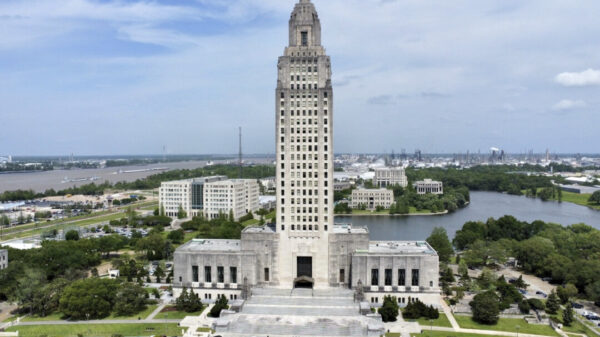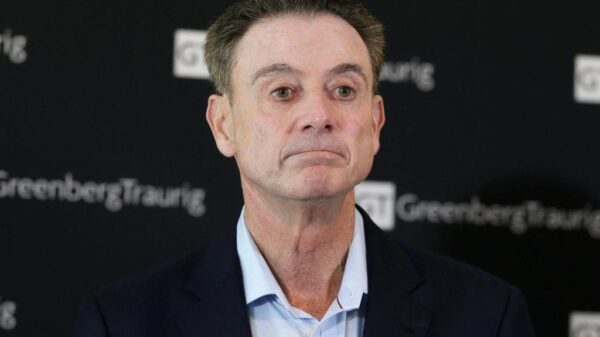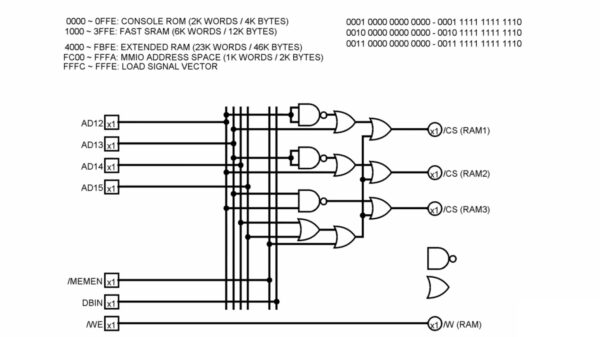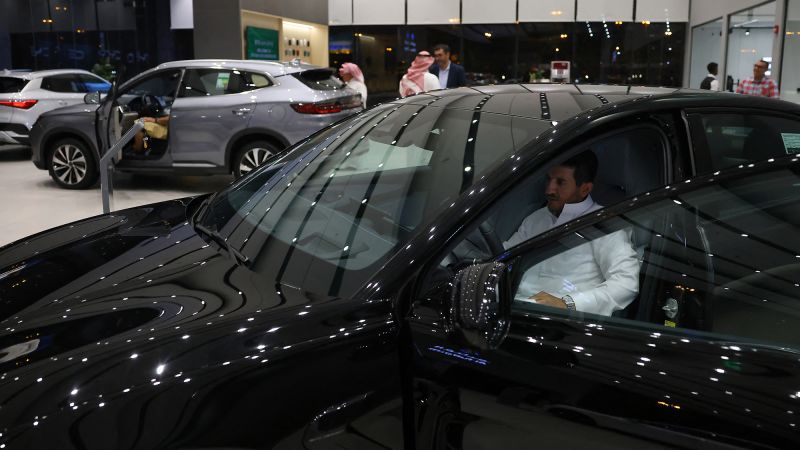Electric vehicles are becoming a common sight on roads worldwide, yet in Saudi Arabia, they account for just over 1% of car sales, according to PricewaterhouseCoopers’ (PwC) “eMobility Outlook 2024: KSA Edition.” This statistic highlights a significant disparity when compared to the global average of 18% of cars sold in 2023 being electric, as reported by the International Energy Agency. However, the landscape is rapidly evolving in the desert kingdom.
The Electric Vehicle Infrastructure Company (EVIQ) is spearheading this transformation. Established in late 2023 as a joint venture between Saudi Arabia’s Public Investment Fund (PIF) and the Saudi Electricity Company, EVIQ is working to expand the country’s EV infrastructure. By the end of 2023, Saudi Arabia had approximately 285 public charging points, primarily slow chargers. In January 2024, EVIQ launched its first fast charging station in Riyadh, with plans to install 5,000 fast chargers across 1,000 locations by 2030.
“Very few people are willing to buy an electric vehicle without having the comfort of seeing infrastructure being available,” EVIQ CEO Mohammad Gazzaz told CNN. “We’re paving the way.”
Challenges to EV Adoption in Saudi Arabia
Despite these efforts, several factors hinder the widespread adoption of EVs in Saudi Arabia. According to PwC’s report, more than 60% of EV models available in 2024 cost over $65,000, while nearly 73% of gasoline-powered models are priced below this threshold. Additionally, generous fuel subsidies keep gasoline prices low, at around 60 cents per liter, making traditional vehicles more economically attractive.
Moreover, the extreme temperatures typical of a Saudi summer pose challenges for EV batteries, impacting their charging speed and range. The vast distances between cities, such as the 950 kilometers between Riyadh and Jeddah, further complicate EV adoption due to range anxiety.
Saudi Arabia’s Strategic Vision for eMobility
Despite these obstacles, Saudi Arabia is determined to reduce its reliance on oil revenues and cut carbon emissions. In 2024, oil accounted for 60% of government revenue, with crude oil and natural gas contributing over 20% of the GDP. By 2030, the kingdom aims for 30% of vehicles in Riyadh to be electric, reflecting a broader strategy to decarbonize and diversify its economy.
Saudi Arabia is not only adopting EVs but also building an “entire industrial ecosystem” around them, as PwC’s Heiko Seitz describes. This includes plans to become a hub for EV manufacturing. PIF is the largest shareholder in Lucid Motors, which opened its first Saudi manufacturing facility in 2023. Additionally, CEER, a joint venture between PIF and Foxconn, plans to launch its first Saudi-produced EV by 2026. A collaboration between PIF and Hyundai is also underway to establish a manufacturing plant.
Major EV producers are entering the Saudi market. China’s BYD opened its first showroom in May 2024, while Tesla launched its operations in April. The introduction of Chinese models is expected to drive prices down, with BYD’s Atto 3 model starting at approximately $27,000.
Overcoming Range Anxiety and Expanding Infrastructure
According to PwC, over 40% of Saudi consumers are considering purchasing an EV within the next three years. EVIQ is expanding its network, with chargers already in Riyadh and Jeddah and the first highway charging station launched in April. Gazzaz notes that EVIQ is targeting 50 to 60 new charging sites this year, including in smaller cities such as Mecca and Medina. By 2026, he anticipates a “minimum viable network” covering 70 to 80% of travel requirements across the kingdom.
“We’re not talking only tier-one, but even tier-two cities, and covering some of those main highways,” Gazzaz explained.
To meet its target of 30% electric cars in Riyadh, Saudi Arabia may need to introduce financial incentives. A survey by King Abdullah Petroleum Studies and Research Center and University College London suggests measures such as VAT exemptions for new vehicles, subsidized charging, and free home charger installations could boost EV adoption.
Looking Ahead: The Future of EVs in Saudi Arabia
Experts believe that enhanced infrastructure will drive the country’s EV revolution. Seitz emphasized that while EV prices are decreasing and model options are increasing, range anxiety remains a significant hurdle. “Public charging is the main gap, and it’s now a top priority to fix,” he stated.
Saudi Arabia’s push into electric vehicles signifies a pivotal shift in its economic and environmental strategies. As the kingdom continues to develop its infrastructure and manufacturing capabilities, it positions itself as a potential leader in the global EV market, gradually steering away from its historical dependence on oil.






































































